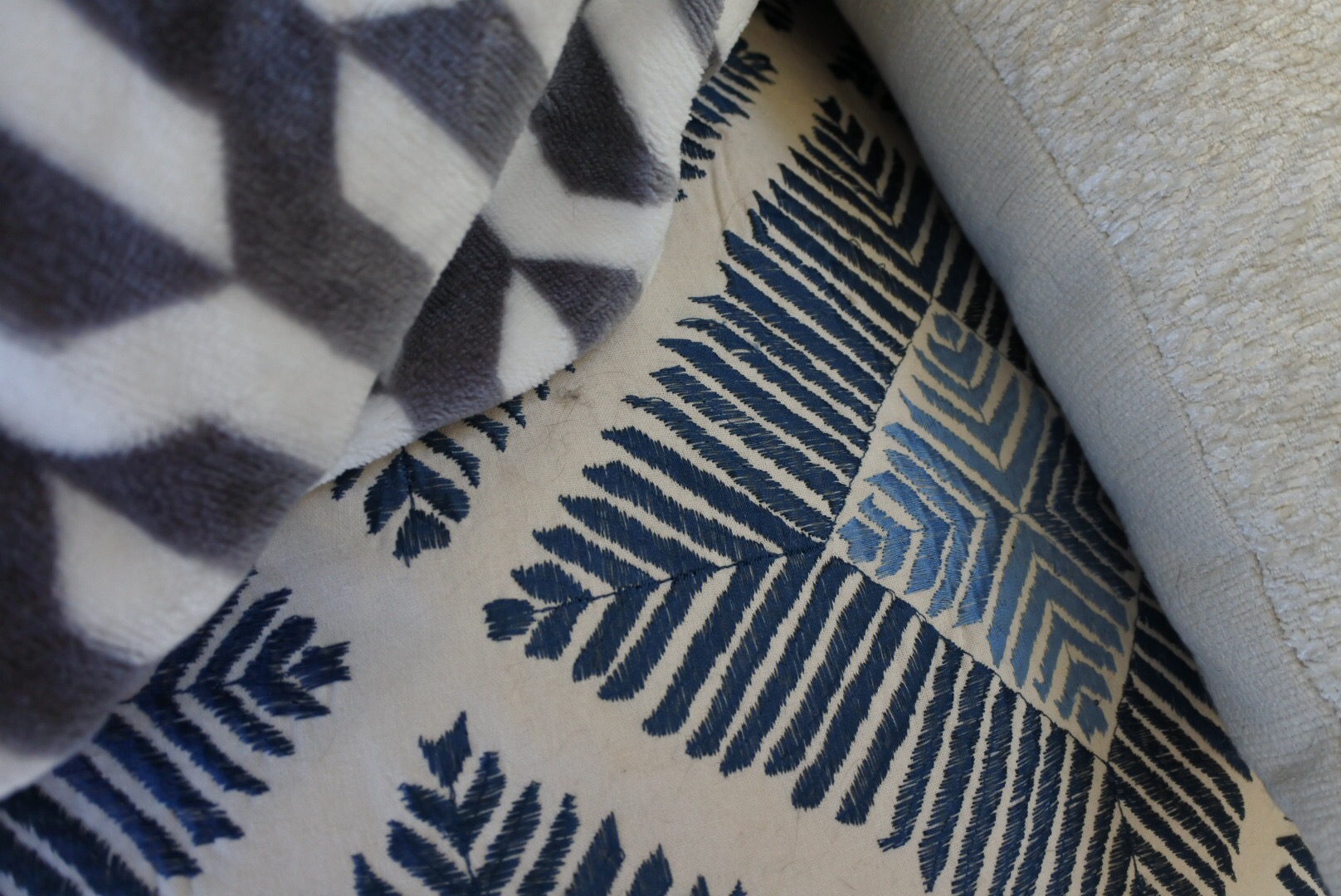
Industry Spotlight: Textile Careers
Textiles are generally considered part of the fashion industry. Textile most commonly refers to the cloth or fabric for clothing or for home goods such as the fabric for drapes, pillows, bedding and upholstery of furniture.
Textile experts may also cross paths with chemical engineers when fabrics are being designed for firefighters to protect from heat or creating super strong Kevlar for police protection.
Careers in the design of textiles can take inspiration from nature, global cultures or technology. These are creative jobs, which also need an awareness of the future use of the materials being created.
Careers in the management of the manufacturing of textiles involve all of these elements and an understanding of the raw materials required for the manufacturing process, their limitations, the costs of production and often the final intended use of the fabric. There are other jobs in the manufacturing process that are not dependent on an existing understanding of textiles. They rely more on the manufacturing and knowledge of the machines involved.
Careers involving the use of textiles like an interior designer, fashion designer, seamstress or upholstery will use skills to select the best fabric for the task at hand, based on their understanding of the final user, who is selling the product and what the fabric is capable of doing.
Careers involving the use of textiles for fashion can range from fashion designers, to pattern makers, sample creators and seamstress. An example is the Fashion and Fabric Specialist as described here http://study.com/directory/category/Liberal_Arts_and_Humanities/Human_and_Consumer_Sciences/Fabric_and_Fashion_Specialist.html
This site Creative Skill Set has a wonderful description of Job Roles in the Textile and fashion industry
http://creativeskillset.org/creative_industries/fashion_and_textiles/job_roles
Consolidated information about education requirements for the textiles industry can be found here. Many design careers require an associate or bachelor’s degrees. Several of the manufacturing jobs do not require specialized education.
http://study.com/textile_education.html
Scholarships
A broad list of scholarships in textile sciences are listed here
http://www.schoolsoup.com/scholarship-directory/academic-major/textile-science/
The International Textile & Apparel Association ITAA has scholarships and grants for the textile industry education. More information is here
http://itaaonline.org/?page=15
Scholarships information for students to attend the Textile Society of America’s conference (but not money for school fees) can be found here https://textilesocietyofamerica.org/programs/awards-scholarships/
